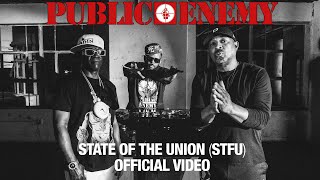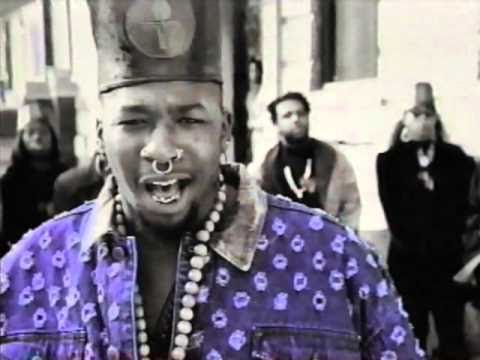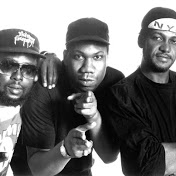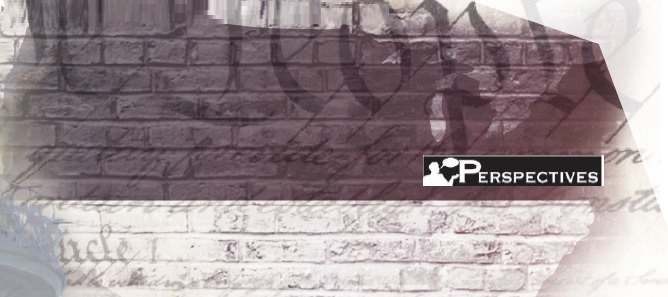“They are, in essence, captives of a particular ignorance, the ignorance of not knowing that they do not know what it is that they do not know, yet speak as if they know what all of us need to know.” –Dr. Molefi Asante, The Afrocentric Idea
There is currently an uncivil civil war being waged across the United States over the control of the curriculum of classrooms. Although the conflict is being shielded as a discussion over critical race theory, in reality the roots of the dispute go much deeper.
According to “Words that Wound,” published in 1993 (Matuda, Lawrence, Delgo and Crenshaw), “critical race theory is grounded in the particulars of a social reality that is defined by our experiences and the collective historical experience of our communities of origin.”

In the context of the 2021 discussion, it means developing curriculum from the perspective of the historically oppressed with race being the common cause of their oppression. However, this discussion takes on a unique nuance when seen through the prism of the Black American experience.
Perhaps the best way to put critical race theory into a Black perspective is found in Neely Fuller’s book “The United Independent Compensatory Code/System/Concept Texbook,” where he wrote “unless you understand white supremacy, everything else will only confuse you.”
To get to the root, we must start with the uproar surrounding the establishment of the first Black Studies department at San Francisco State University in 1968, involving such notable figures as Dr. Nathan Hare and George Murray, a former Minister of Defense of the Black Panther Party. (Read. “Black Power and Student Rebellion” by James McEvoy and Abraham Miller.) This event set the tone for discussions in which we are still engaged over half a century later. As Dr. Noliwe Rooks wrote in “White Money, Black Power:”
“There is to date no other discipline so closely aligned with social protest, student activism and violence as Black studies.”

In 1987, Dr. Molefi Asante wrote “The Afrocentric Idea,” which serves as the premier exercise in apologetics explaining the need for African-centered education in universities. Immediately following was the rise of “conscious Hip Hop” by groups such as Public Enemy, Boogie Down Productions and X-Clan who preached the gospel of Afrocentricity to the proverbial “streets” but quickly spread to mainstream America courtesy of shows such as MTV Raps.
What scared White America during the early 1990’s was not that more Black people were beginning to learn about ancient African civilizations but they were being compelled to challenge information that had previously been treated as historical sacred cows.
During this time, scholars such as Drs. Tony Martin and Leonard Jeffries came under intense attack for using books such as the Nation of Islam Research Department’s “Secret Relationship Between Blacks and Jews” to discuss Jewish involvement in the Trans-Atlantic Slave Trade, giving a new perspective on the concept of the Black-Jewish Alliance that had been propagated since 1915.

Also, by the mid-90s, professors such as Dr. Mary Lefkowitz (“Not Out of Africa”) and Stephen Howe (“Afrocentrism: Mythical Pasts and Imagined Homes”) began to label Afrocentrism as a form of pseudo-science created to make Black folk feel good.
Since 2013 and the murders of Trayvon Martin, Michael Brown, George Floyd, Breonna Taylor, Daunte Wright and many others, it was inevitable that the racial unrest that followed would invade the curriculums of the public school systems in states across the country.
In North Carolina there is currently an effort underway by conservatives to push back against race conscious education under the guise of a Fox News-like “fair and balanced” anti-critical race theory movement.
Recently, the issue reached a boiling point with a Washington Free Beacon hit piece on N.C. teacher Lisa Patrizio. According to the article, last Black History Month, Patrizio, allegedly, gave an assignment that, in the opinion of some, compared the Jewish Holocaust with the millions of African people who perished during the Trans-Atlantic Slave Trade which spanned hundreds of years.
What is disturbing is the fact that, immediately, Right Wing websites began to dogpile on Patrizio in an attempt to make her the professional martyr of the critical theory race war in Viola Liuzzo type fashion.
Currently, the Conservatives are organizing an offensive to attack anyone who dares challenge traditional Euro-centric thought.
Although, many in the Black community have championed the cause of Black history education we have not effectively created institutions to protect educators who dare to venture down the road less traveled.
Our task must be to create spaces where students are free to learn and educators are free to teach the truth regarding the Black experience.
As we deal with forces who have continuously tried to demonize Black people as natural born criminals, we must continually remind young Black Americans of the traumas faced by their ancestors at the hands of White supremacists. Or in the words of the great wordsmith Andre 3000: “There’s even lower levels you can go/take sun people, put ’em in the land of snow.”
Min. Paul Scott is founder of the Durham, N.C.-based Black Messiah Movement. He can be reached at (919) 972-8305, or P.O. Box 15123, Durham, N.C. 27704. Email [email protected].













